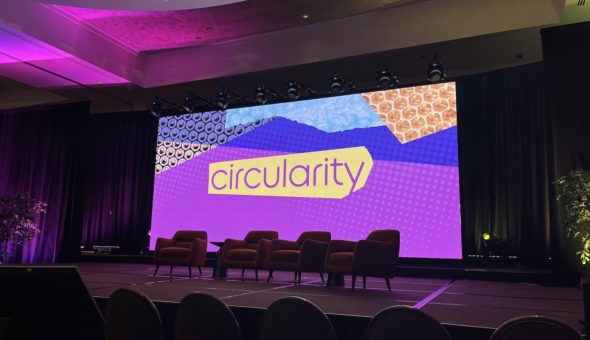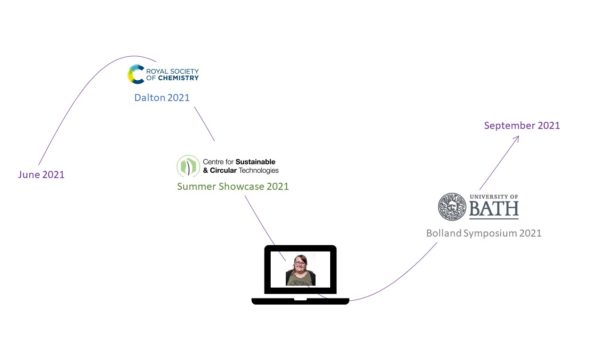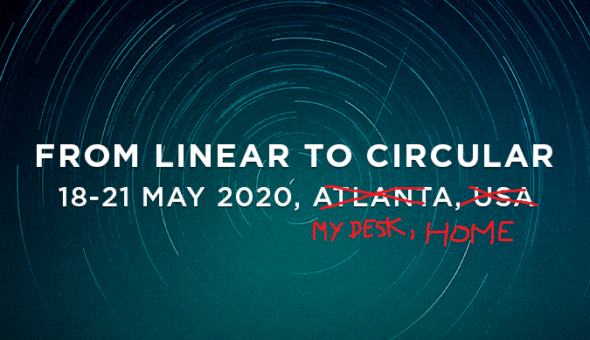On 2–6 June 2014, DTC student Rhodri Jenkins presented his research at the 2014 FISITA World Automotive Congress held in Maastricht, The Netherlands. This is his report.
 Every two years, members of the global automotive industry and research community meet to showcase the latest innovations, exchange knowledge and build collaborations for the creation of greener, safer mobility world-wide. This year, it was held in Maastrict, The Netherlands — at the heart of Europe’s thriving high-tech automotive industry — and was attended by engineers, scientists and specialists from more than 40 countries. I was lucky enough to be amongst them, and present my research to them.
Every two years, members of the global automotive industry and research community meet to showcase the latest innovations, exchange knowledge and build collaborations for the creation of greener, safer mobility world-wide. This year, it was held in Maastrict, The Netherlands — at the heart of Europe’s thriving high-tech automotive industry — and was attended by engineers, scientists and specialists from more than 40 countries. I was lucky enough to be amongst them, and present my research to them.
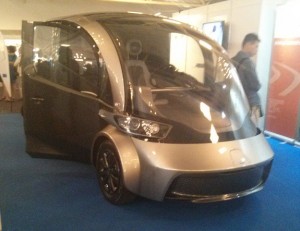
I attended many of the sessions, on subjects including efficient engine technologies, advanced safety technologies and improvement of exhaust after treatment for emissions reduction. The plenary lectures, however, covered the issues and advances in automated driving, including a talk from Google’s driverless car project by the project director Chris Urmson.
My research was accepted into the Liquid Fuel and Lubrication stream. My technical paper and subsequent presentation, “The Identification and Engine Testing of Potentially Renewable Liquid Biofuels from Microbes for the Aviation and Road Transport” sparked interest in the audience, as well as a lively debate on the viability of microbial products as a fuel resource. The conference was a great experience, allowing me to further appreciate the mechanical engineering side of my research.
As well as the conference, I managed to do a small bit of sight-seeing around the historic city of Maastricht, including the largest and most famous square in the Limberg province of The Netherlands, the Vrijthhof. I will definitely be returning sometime in the future.
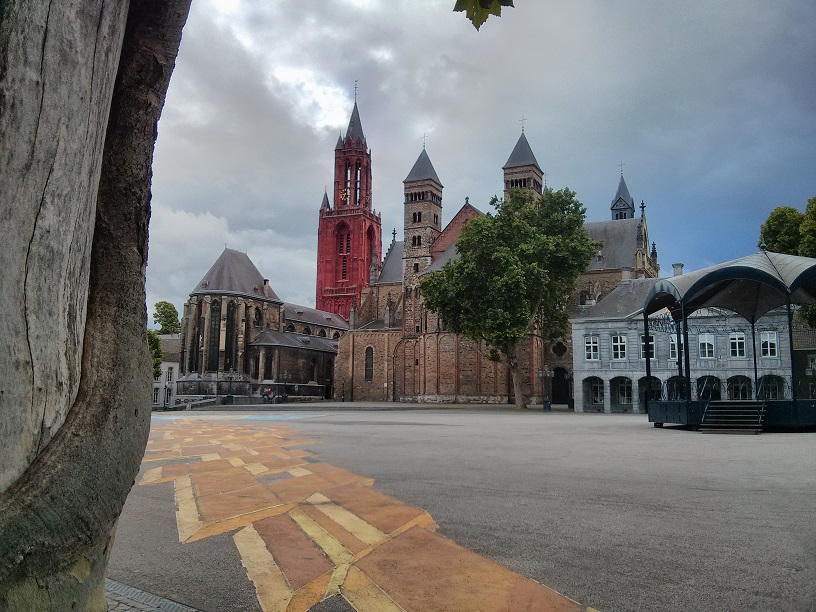
Rhod is in the third year of his PhD, supervised by Dr Chris Chuck (Chemical Engineering), Dr Chris Bannister (Mechanical Engineering) and Prof. Matthew Davidson (Chemistry)
Respond
